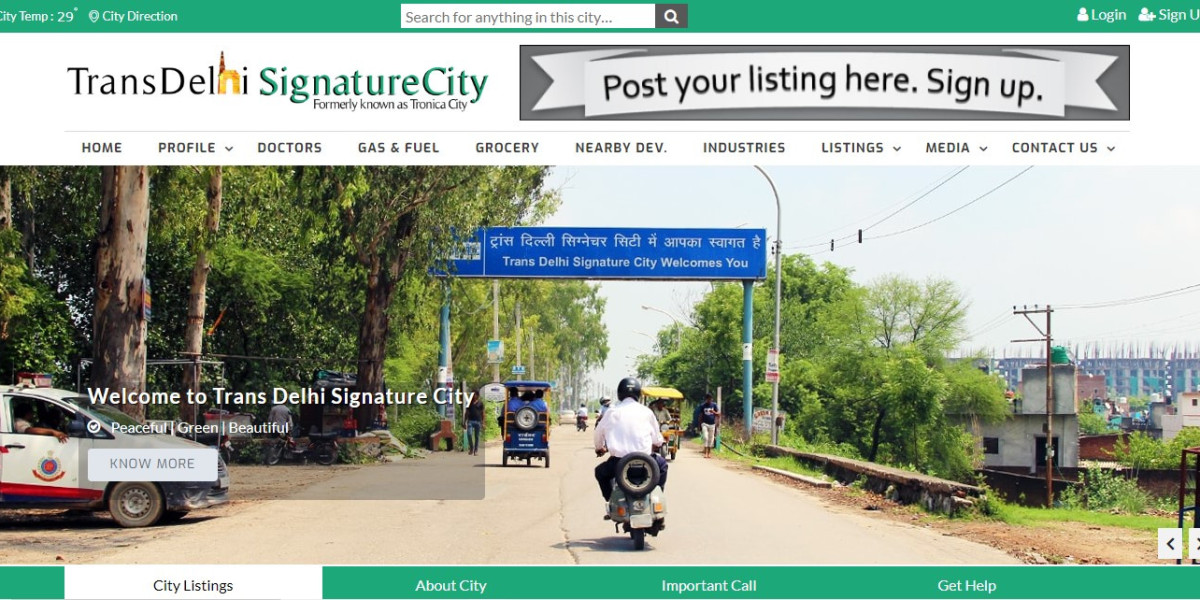This guide breaks the process of buy property Singapore down into manageable step-by-step procedures for first-time buyers. If you are looking for a dream home or an investment for the long term, these steps will guide you on what to do.
1. Understand Your Budget
Calculate How Much You Can Afford
Before you start viewing properties, be sure of your financial capabilities. To begin with, checking what you can afford limits the properties you view to what you are capable of spending. Here are some guidelines:
● Assess your savings: You will need at least 25% of the price of the property as a down payment.
● Eligibility of a housing loan: In Singapore, the bank grants up to 75% of the value of the property; however, that depends upon your income and credit score.
● Additional costs: Remember you will bear the burden of legal fees, stamp duties, and any other incurred expenses like renovation or furnishing.
Know Your Financial Position: You have to figure out how much property you can afford so that you have the best chance of finding a place that fits your lifestyle without too much extension.
2. Public or Private Housing
Public Housing (HDB) vs Private Properties
You have an option between public housing, which includes HDB flats, or private properties when it comes to property buying in Singapore. Both have their pros and cons according to your needs and financial situation:
● HDB flats: These offer a more affordable price and eligibility criteria, such as nationality and income limits. Only Singapore citizens and permanent residents can buy HDB flats.
● Private properties: This encompasses condominiums, landed houses, and executive condominiums (ECs). The private properties are typically more expensive but will give more liberty with fewer constraints.
Determine long-term plans and financial ability. HDB flats may become a good point of origin, but private properties can well serve the growth of one individual.
3. Research and Choose the Location
Why Location Matters
The place of your house is mostly bound to decide on your daily life and long-term investment. Use the following parameters when choosing a location:
● Commuting: Depending on your work or school, the distance to your house can save much of your time.
● Accessibility: Due to public transport stations, like MRT stations or bus stops, near your place of stay will be handy and add value to the property.
● Facilities: You take into consideration the grocery stores, malls, parks, and more that you will be reaching on a daily basis.
● Future development: Properties near new infrastructure programs benefit hugely in the long run.
It is essential to visit the various places so that you get a feel of which place suits your needs and lifestyle.
4. Identify the Best Singapore Property Agent
Why a Good Property Agent Matters
A good property agent can make a significant difference, especially since you are not yet well-versed in the market. By working with the best property agent Singapore, you can ensure that you receive expert guidance and support.
● Get access to more properties: Property agents often have access to listings that aren’t publicly available.
● Paperwork assistance: Experts will lead you through each piece of paperwork needed to acquire the property you want.
● Negotiate for a favourable price: An expert can negotiate with the seller on your behalf so you get the right price.
Make sure you get a good agent who knows your requirements and budget since he will assist you most during the buying process.
5. Secure Financing and Apply for a Loan
How to Finance Your Property
Once you have chosen a piece of property you like, the next step is to secure your financing. Here's how.
● Get Approval-in-Principle (AIP): This pre-approval from a bank will give you a very clear idea of how much you can borrow.
● Compare loan packages: Interest rates and terms offered by different banks differ, so you have to compare various deals.
● Paperwork to submit: You need to submit income proof, CPF contribution statements, and identity documents when you apply for a loan.
Securing your financing early means that once you decide on the property, you can place an offer and sign the OTP.
6. Make an Offer and Sign the Option to Purchase (OTP)
Sealing the Deal
You can hence present to the seller the official offer after having secured financing. If your offer is accepted, you'll then sign the Option to Purchase (OTP). Here's how this step works:
● Negotiate the price: You can work with your property agent to negotiate a fair price based on market rates.
● Pay the option fee: This is usually 1% of the price of the property given as a right to buy that particular property within a stipulated time frame of fourteen days.
● Exercise the OTP: Once you are sure, you pay the rest of the deposit, usually 4% to confirm the deal.
The OTP is a very crucial document locking in the agreement between you and the seller.
7. Hire a Lawyer for the Legal Work
Why Do You Need A Lawyer
After signing the OTP, you will need a lawyer to handle the legal intricacies of the sale. Here is what your lawyer will do for you:
● Title searches: Ensure the property does not have any legal encumbrances, like outstanding mortgages or disputed ownership.
● Draft and file documents: Your lawyer will manage all the legal paperwork with the Singapore Land Authority at the SLA.
● Transfer the sale amount: The attorney ensures that the money is transferred securely and appropriately to the vendor.
A professional attorney will ensure that your purchase of property will be flawless and won't lead to potential disputes in court.
8. Pay Stamp Duty and Complete the Transaction
Conclusion of the Transaction
Once an attorney is hired and the OTP is signed, there are a few things which would conclude the sale of the transaction:
● Stamp Duty Payable: This is a government tax charged on value; which usually is 3% to those selling at below S$1 million and higher for those selling above.
● Completion of Legal Papers: Your lawyer makes sure all the paperwork required to complete the transfer is done by way of submitting to the authorities concerned,
The property will be officially yours after making all these payments and filing the papers.
Conclusion
Buying property in Singapore is never easy, especially for first-time buyers. With a savvy understanding of budget, location, and access to great property agents and lawyers, you will find buying a property in Singapore to be much easier. This guide offers a very simple roadmap to guide you along the way as a first-time buyer. Be patient and plan carefully to ensure a smooth and successful process.








